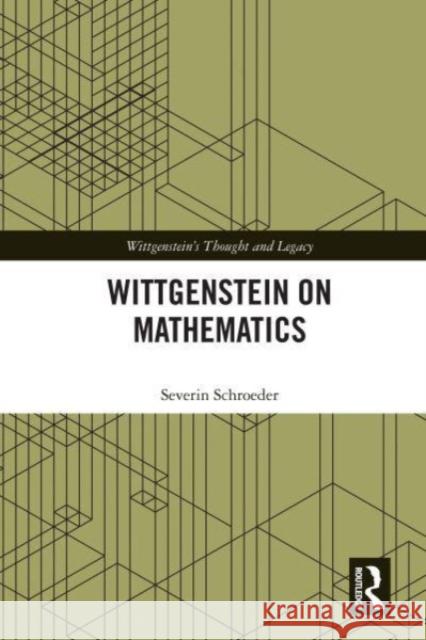Wittgenstein on Mathematics » książka
topmenu
Wittgenstein on Mathematics
ISBN-13: 9780367683283 / Miękka / 2023 / 238 str.
Wittgenstein on Mathematics
ISBN-13: 9780367683283 / Miękka / 2023 / 238 str.
cena 205,65
(netto: 195,86 VAT: 5%)
Najniższa cena z 30 dni: 193,46
(netto: 195,86 VAT: 5%)
Najniższa cena z 30 dni: 193,46
Termin realizacji zamówienia:
ok. 22 dni roboczych.
ok. 22 dni roboczych.
Darmowa dostawa!
This book offers a detailed account and discussion of Ludwig Wittgenstein’s philosophy of mathematics.











